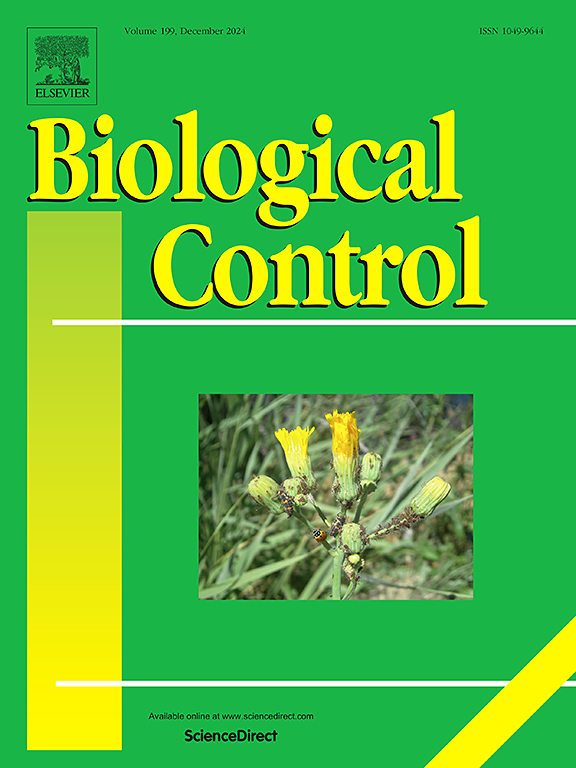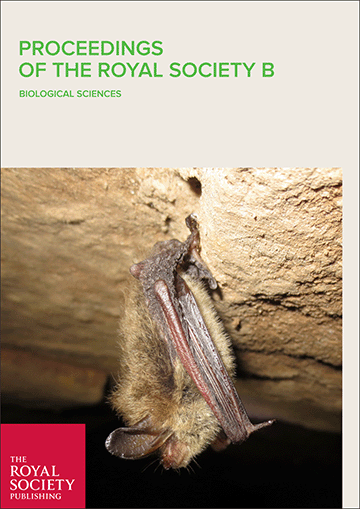Invertebrates and microorganisms are important but climate-dependent agents of wood decomposition globally. In this meta-analysis, we investigated what drives the invertebrate effect on wood decomposition worldwide. Globally, we found wood decomposition rates were on average approximately 40% higher when invertebrates were present compared to when they were excluded. This effect was most pronounced in the tropics, owing mainly to the activities of termites. The invertebrate effect was stronger for woody debris without bark as well as for that of larger diameter, possibly reflecting bark- and diameter-mediated differences in fungal colonisation or activity rates relative to those of invertebrates. Our meta-analysis shows similar overall invertebrate effect sizes on decomposition of woody debris derived from angiosperms and gymnosperms globally. Our results suggest the existence of critical interactions between microorganism colonisation and the invertebrate contribution to wood decomposition. To improve biogeochemical models, a better quantification of invertebrate contributions to wood decomposition is needed.
DOI:
https://doi.org/10.1111/brv.13134
Altmetric score:
Dimensions Citation Count:
























